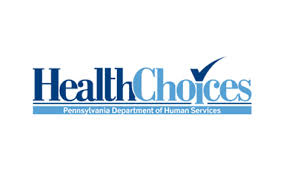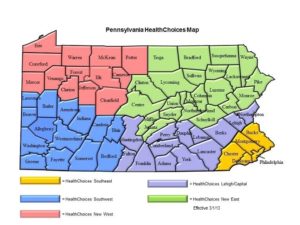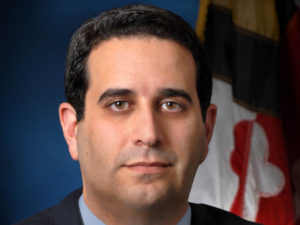PA Awards HealthChoices Managed Care Contracts
Last week Pennsylvania’s Department of Human Services awarded new contracts to managed care organizations to provide physical health services under the state’s HealthChoices Medicaid managed care program.
 Eight different organizations were awarded 23 separate three-year contracts, to take effect on January 1, 2017, to serve more than two million Medicaid beneficiaries in five state HealthChoices regions.
Eight different organizations were awarded 23 separate three-year contracts, to take effect on January 1, 2017, to serve more than two million Medicaid beneficiaries in five state HealthChoices regions.
All of the managed care organizations will be operating under a contractual mandate to increase how much care they provide on a value-based purchasing basis through accountable care organizations, bundled payment models, patient-centered medical homes, and other integrated care delivery approaches. They also will be required to coordinate their efforts more effectively with the behavioral health care organizations that serve their members.
Learn more about who won the contracts and how the winners will be expected to perform differently than HealthChoices managed care organizations have in the past in this state news release.





